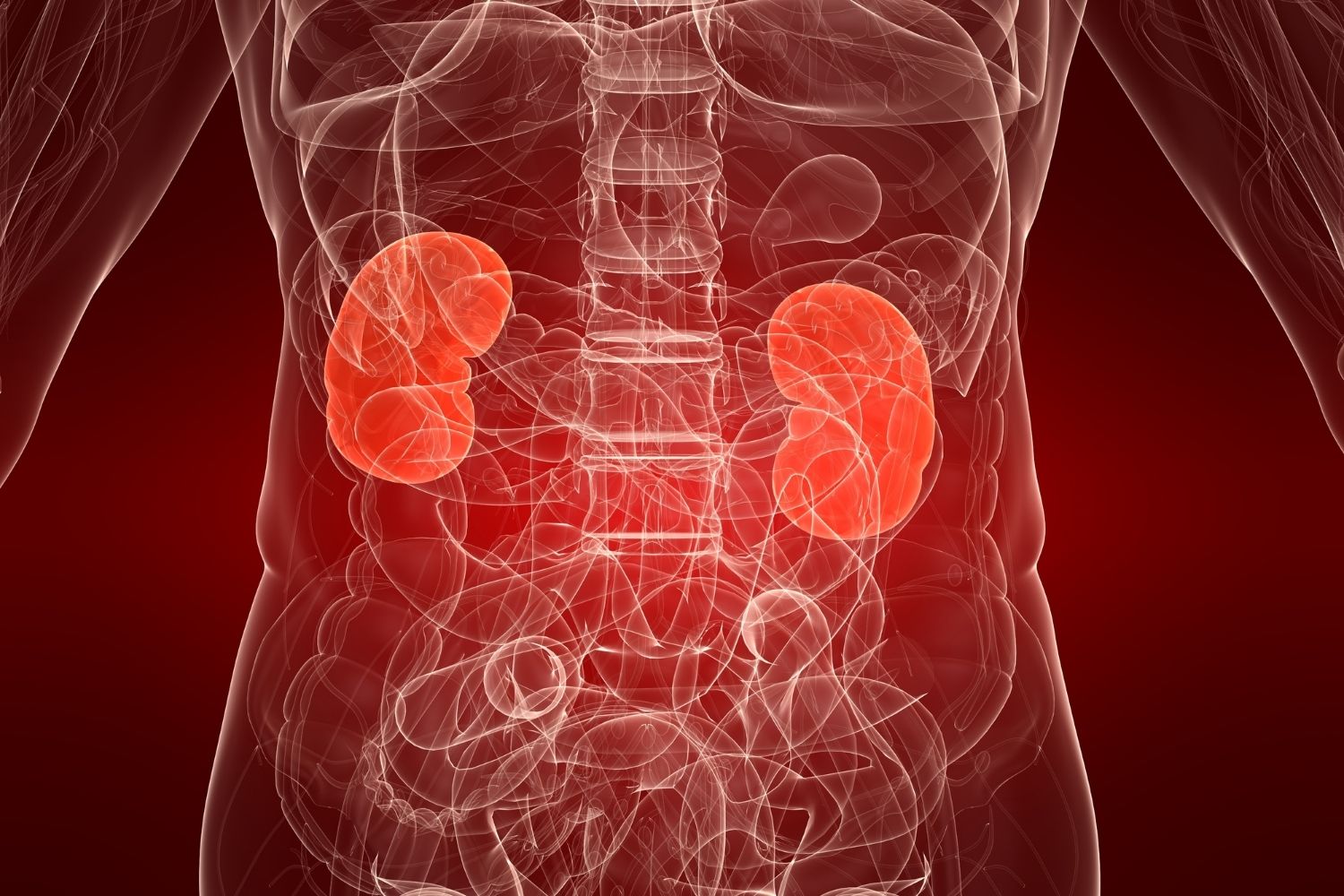
Renal Tubular Acidosis (RTA) and Progressive Nerve Deafness might sound like complex medical terms, but understanding them can be simpler than you think. RTA is a condition where the kidneys fail to properly acidify urine, leading to a buildup of acid in the blood. This can cause various health issues, including growth problems in children and kidney stones. On the other hand, Progressive Nerve Deafness refers to the gradual loss of hearing due to nerve damage. This can affect one or both ears and often worsens over time. Did you know that these two conditions can sometimes be linked? Let's dive into 25 intriguing facts about these medical conditions to help you understand them better.
Key Takeaways:
- Renal Tubular Acidosis (RTA) affects the kidneys' ability to balance acid levels, leading to symptoms like fatigue and hearing loss. Early detection and proper management are crucial for a healthy life with RTA.
- Genetic and environmental factors play a role in RTA development. Regular check-ups, support groups, and education are essential for managing the condition and living a fulfilling life.
What is Renal Tubular Acidosis?
Renal Tubular Acidosis (RTA) is a medical condition where the kidneys fail to properly acidify urine. This can lead to various health issues, including progressive nerve deafness. Here are some intriguing facts about this condition.
-
RTA Types: There are three main types of RTA: Type 1 (Distal), Type 2 (Proximal), and Type 4 (Hyperkalemic). Each type affects different parts of the kidney.
-
Acid-Base Balance: The kidneys play a crucial role in maintaining the body's acid-base balance. RTA disrupts this balance, leading to acidosis.
-
Symptoms: Common symptoms include fatigue, muscle weakness, and growth retardation in children. Severe cases can cause kidney stones and bone disease.
-
Diagnosis: Diagnosing RTA involves blood and urine tests to check for acid levels and kidney function.
-
Genetic Factors: Some forms of RTA are inherited. Mutations in specific genes can lead to the condition.
Progressive Nerve Deafness and RTA
Progressive nerve deafness is a gradual loss of hearing due to nerve damage. It can be associated with RTA, making the condition more complex.
-
Hearing Loss Link: RTA can lead to hearing loss because the same genetic mutations affecting the kidneys can also impact the inner ear.
-
Inner Ear Function: The inner ear relies on proper ion balance, which can be disrupted by RTA, leading to nerve deafness.
-
Early Detection: Early detection of hearing loss in RTA patients is crucial for managing the condition effectively.
-
Hearing Aids: Hearing aids can help manage progressive nerve deafness in RTA patients, improving their quality of life.
-
Regular Monitoring: Regular hearing tests are recommended for individuals with RTA to catch any early signs of nerve deafness.
Treatment and Management of RTA
Managing RTA involves addressing the underlying causes and symptoms to prevent complications.
-
Medications: Alkaline medications like sodium bicarbonate or potassium citrate are often prescribed to neutralize excess acid in the blood.
-
Dietary Changes: A diet low in salt and rich in fruits and vegetables can help manage RTA symptoms.
-
Hydration: Staying well-hydrated is essential for individuals with RTA to help the kidneys function properly.
-
Bone Health: Monitoring and maintaining bone health is crucial, as RTA can lead to bone demineralization.
-
Regular Check-ups: Regular medical check-ups are necessary to monitor kidney function and overall health in RTA patients.
Genetic and Environmental Factors
Both genetic and environmental factors play a role in the development and progression of RTA.
-
Inherited Forms: Some forms of RTA are inherited in an autosomal recessive manner, meaning both parents must carry the gene mutation.
-
Environmental Triggers: Certain medications and toxins can trigger or worsen RTA symptoms.
-
Prenatal Testing: Prenatal genetic testing can identify RTA in unborn babies, allowing for early intervention.
-
Family History: A family history of RTA increases the risk of developing the condition.
-
Research Advances: Ongoing research is focused on understanding the genetic basis of RTA and developing targeted treatments.
Living with RTA
Living with RTA requires lifestyle adjustments and ongoing medical care to manage symptoms and prevent complications.
-
Support Groups: Joining support groups can provide emotional support and practical advice for managing RTA.
-
Education: Educating patients and families about RTA is essential for effective management of the condition.
-
Exercise: Regular exercise can help maintain muscle strength and overall health in RTA patients.
-
Mental Health: Addressing mental health is important, as chronic conditions like RTA can lead to anxiety and depression.
-
Future Outlook: With proper management and medical care, individuals with RTA can lead healthy, fulfilling lives.
Final Thoughts on Renal Tubular Acidosis and Progressive Nerve Deafness
Renal Tubular Acidosis (RTA) and Progressive Nerve Deafness (PND) are complex conditions that impact many lives. RTA affects the kidneys' ability to maintain a proper acid-base balance, leading to various health issues. PND, on the other hand, gradually impairs hearing, often requiring early intervention for better outcomes.
Understanding these conditions helps in managing symptoms and improving quality of life. Regular check-ups, proper medication, and lifestyle adjustments play crucial roles in treatment. Awareness and education about RTA and PND can lead to early diagnosis, which is key to effective management.
Stay informed, consult healthcare professionals, and support those affected by these conditions. Knowledge empowers us to make better health decisions and offer meaningful support to others.
Frequently Asked Questions
Was this page helpful?
Our commitment to delivering trustworthy and engaging content is at the heart of what we do. Each fact on our site is contributed by real users like you, bringing a wealth of diverse insights and information. To ensure the highest standards of accuracy and reliability, our dedicated editors meticulously review each submission. This process guarantees that the facts we share are not only fascinating but also credible. Trust in our commitment to quality and authenticity as you explore and learn with us.
